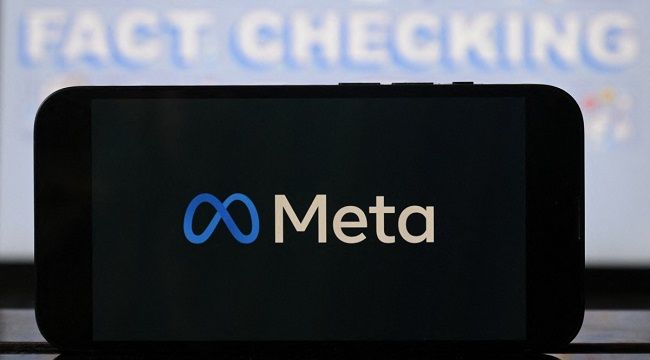Meta to Appeal €200 Million EU Fine Over Controversial ‘Pay or Consent’ Model

Meta Platforms, the parent company of Facebook and Instagram, has vowed to challenge a €200 million fine imposed by the European Union for allegedly violating the bloc’s landmark Digital Markets Act (DMA).
The penalty, announced in April, targets Meta’s controversial “pay or consent” model—a system introduced in November 2023 that requires users to either agree to data tracking in exchange for free access to its platforms or pay a monthly subscription to use the services without personalised ads.
In a strongly worded blog post on Wednesday, Meta’s Vice President for Competition, Tim Lamb, dismissed the EU decision as “both incorrect and unlawful,” and confirmed the company would formally appeal.
“The decision disregards existing legal precedent and misinterprets how user choice operates within our subscription model,” Lamb wrote. “This stance is perplexing, particularly in light of a 2023 ruling from the EU’s top court that recognised subscriptions as a legitimate method for compliance with data privacy rules.”
The European Commission found that Meta failed to offer users a genuinely equivalent version of Facebook and Instagram that does not rely on extensive data tracking—an obligation under the DMA for designated “gatekeepers,” or tech giants with entrenched market dominance.
Brussels also warned the company that unless it complies fully with the DMA within 60 days, it could face daily penalties. That deadline expired last week, and the Commission said it is currently reviewing updated information submitted by Meta to determine whether the firm has now met its legal obligations.
The Commission’s enforcement action has been welcomed by privacy advocates, many of whom argue that Meta’s model undermines fundamental rights by effectively forcing users to “pay for privacy”—a practice they say contradicts the spirit of the EU’s data protection framework.
Consumer rights groups have long criticised the “pay or consent” approach as coercive, arguing that free services should not come at the cost of invasive data collection.
Meta, however, insists that it is offering users a meaningful choice. The company maintains that its subscription option—a reported €9.99 per month for ad-free access—complies with the EU’s General Data Protection Regulation (GDPR) and other legal requirements.
The outcome of Meta’s appeal could have wide-reaching implications for how major tech platforms operate in the EU’s tightly regulated digital economy. It may also set a precedent for how companies balance user privacy with ad-driven business models under the sweeping scope of the DMA.





